About Awira Rosehip Seed Oil – For Face, Nails, Hair and Skin Care
Awira Rosehip Seed Oil – For Face, Nails, Hair and Skin Care Rosehips are the fruits of rosebushes. Rosehip oil is a potent skincare ingredient packed with nutrients that is made by pressing the seeds of these bushes. The oil has a long history of use and is an excellent source of skin nourishment. It is high in vitamins A and C, as well as essential fatty acids and other antioxidants that help protect and nourish your skin.
BENEFITS AND USE OF ROSEHIP OIL FOR SKIN
- Pigmentation is reduced : While rosehip oil has many applications on the skin, it is most commonly used to treat hyperpigmentation and uneven skin tone. Increased melanin production caused by sun exposure, skin trauma, or hormonal changes can darken specific areas of the skin, resulting in an uneven, blotchy appearance. Because of its Vitamin A and C content, rosehip oil can help fade such dark spots and even suntan. It can also aid in the reduction of post-inflammatory hyperpigmentation (PIH).
- Protects From Sun Damage : Rosehip oil’s phytochemicals and antioxidants help to scavenge free radicals produced by sun exposure. These unstable molecules have the potential to harm healthy cells and cause premature ageing. As a result, rosehip oil can play an important role in preventing photodamage.
- Boosts Collagen Production : Rosehip oil, as a good source of Vitamin A and C, can also help to control the signs of ageing. It aids in the stimulation of collagen synthesis, which can deteriorate as we age. Rosehip seed oil is also a great natural remedy for reducing fine lines, wrinkles, and dark spots because it protects our skin from photoaging.
OTHER BENEFITS OF ROSEHIP SEED OIL
Rosehip oil is high in essential fatty acids, which soften and moisturise the skin. It will also aid in moisture retention by forming a protective barrier over the skin. Because it is a dry oil, it will absorb easily into the skin without leaving a greasy residue.
Rosehip oil can help control sebum levels and even reduce acne if used on oily skin. Linoleic acid and linoleic acids are abundant in rosehip oil, making it lightweight and reducing oiliness.
The oil can also be used to soothe irritated, sensitive, or sun-damaged skin. It contains a lot of antioxidants and Vitamin E, which help improve skin barrier function and reduce irritation.
Rosehip oil enhances skin elasticity and smoothness. It is high in vitamin A, which promotes cell turnover, and vitamin C, which boosts collagen levels and gives you firm, youthful skin.
HOW TO APPLY ROSEHIP OIL
The best way to apply rosehip oil to the face is topically as a facial oil. Cleanse your skin and spritz it with hydrosol to hydrate it. Then, apply a few drops of oil to your damp skin. Gently massage it into your skin until it is completely absorbed.
Because the oil is light, it will not leave you feeling greasy. Use it daily in the morning and evening skincare routines for the best results.
For added nourishment, add a few drops of rosehip seed oil to face masks and scrubs.
HOW TO SELECT THE BEST ROSEHIP OIL FOR SKIN
Rosehip oil is available in a variety of forms. Carrier oils, such as rosehip seed oil, are frequently refined and processed to change their aroma and colour. To obtain more oil, they are also extracted with a solvent. However, such processes alter the nutrient profile of the oil.
| Brand |
|
| Model Name |
|
| Quantity |
|
| Ideal For |
|
| Organic |
|
| Composition |
|
| Fragrance |
|
| Professional Care |
|
| Application Area |
|
| Skin Type |
|
| Maximum Shelf Life |
|
| Container Type |
|
| Other Traits |
|





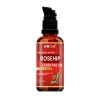



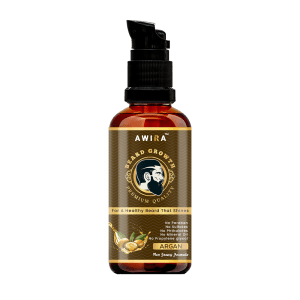
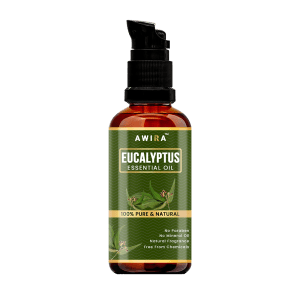
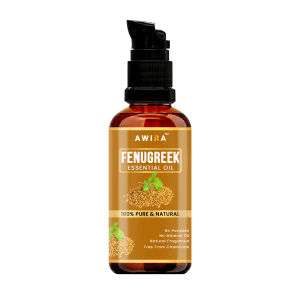
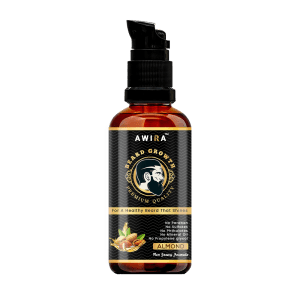
Reviews
There are no reviews yet.